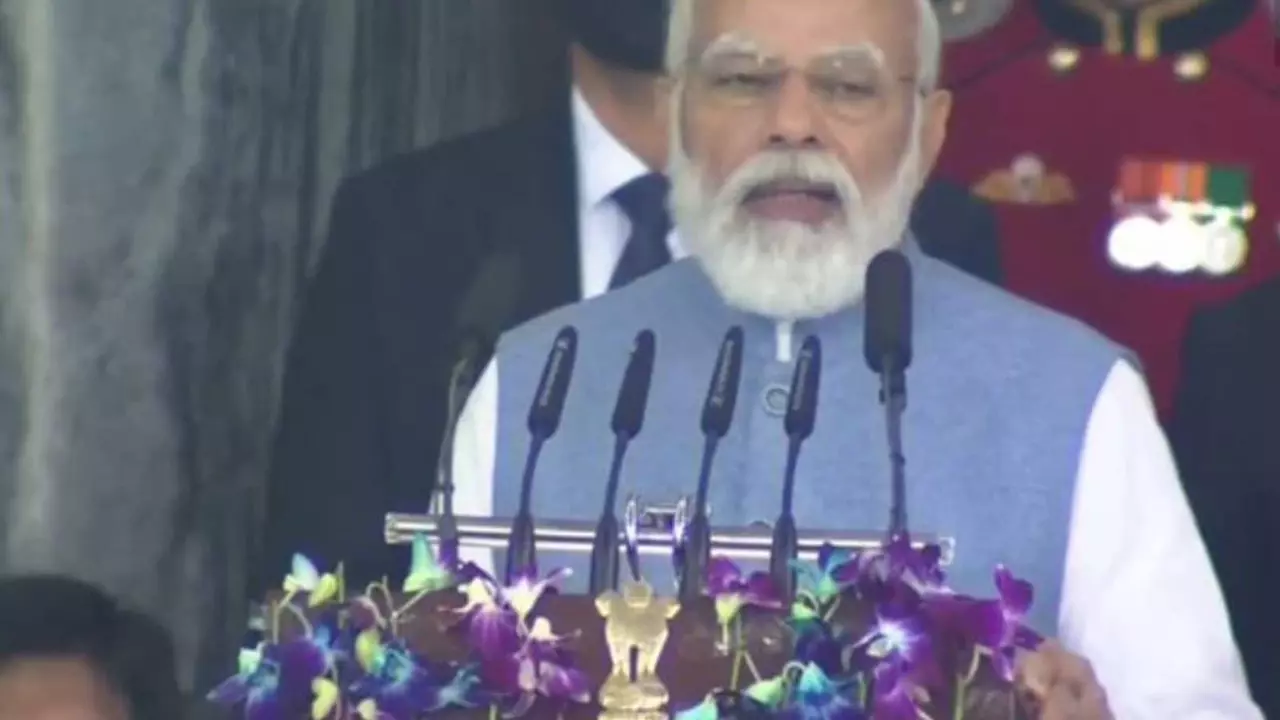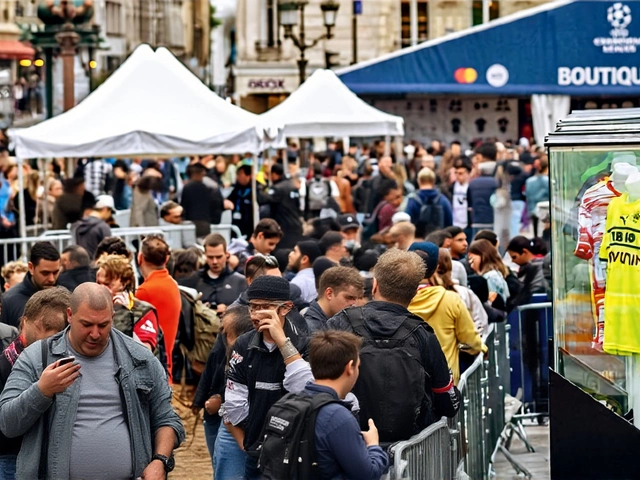The Political Tug-of-war: A Legacy Versus Democracy
Now, my kids Ravi and Lata, as precocious as they are, had an interesting debate during breakfast today. Ravi, the forever critic, questioned the concept of political dynasties and if they served as any help to democracy. Honestly, he took me back to an important statement made by Prime Minister Narendra Modi back in the days; "political dynasty is the biggest enemy of democracy". Now isn't that a claim par excellence? So, I thought, why not dig deep into this and shed some light on our political system, the role of dynasties and how they shape or misshape our democracy.
The age-old tradition of 'Dynasties'
Political dynasties in India, or let's say, in any part of the world, are not new. They're like that old, somewhat annoying, somewhat endearing relative we encounter at family gatherings, a tradition almost. However, the interesting part comes as we delve into the reasonings, the whys, and hows of this. Many argue that these political dynasties, through their unbroken lineage, have managed to provide stability in governance, transition, and continuity. Yet, on taking a closer look, these dynasties seem like stubborn roots, preventing new buds from blooming and limiting the political sphere to a selected few, ultimately undermining the principles of democracy.
The Crown Inheritance: A Step Backward for Democracy?
Surely, a famous surname does hold certain advantages, but when it comes to identifying a leader, should lineage be the sole determinant? The glaring question is, in a democratic system, where the power rests in the hands of the people, should the political arena become a playground for princelings? When this happens, democracy takes a backseat, and the political sphere turns into a family enterprise. Isn't that a slight skewed version of democracy?
Narendra Modi's Stance on Political Dynasties
Now, PM Modi, the so-called 'chaiwala' who climbed his way up to become the Prime Minister, had some strong views about political dynasties. Coming from a humble background and without a "royal" surname to back him up, he championed the idea that true democracy involves the participation of the common man. He strongly believed that political dynasties obstruct this essence of democracy, creating an unfair advantage for a minority, while pushing the majority to the perimeter. Now, isn't that food for thought?
Break the Heritage, Let Democracy Breathe
Indeed, political dynasties can lead to a restricted political space where meritocracy is pushed back. Democracy is about diversity and varying points of view, and if the same families continue ruling the roost, then the nation gets robbed of perhaps better-suited individuals who could transform the country's fate. The rigid structure of political dynasties could throttle the voices of potentially great leaders and compromise the essence of a truly democratic system.
A Glass Half Full: The Other Side of the Coin
The arguments against political dynasties bring us to another question: Could there be any benefits associated with them? Let's focus on the continuity aspect for a second. Often, the continuity provided by dynastic politics can lead to consistent policies and strategies. However, that being said, does continuity at the expense of fresh ideas and perspectives justify itself? Isn’t the essence of a pluralistic society lost when the reins of the command are majorly controlled by a few selected families? A fine balance needs to be struck here, folks!
The Need of the Hour: Transparency and Meritocracy
Here's a radical idea, how about we make democracy more 'democratic'? Crazy, right? But that's just it. Let's call for more transparency in the democratic process. May it not be a system where one's last name determines their worthiness of leadership, but one's capabilities, ideas and principles. The power of selection should lie in the hands of the people, uninfluenced by family ties or political heritage. Let's stand up for meritocracy, folks! After all, a democracy without inclusion, diversity and equal opportunity, is that really a democracy?
Unlocking the Iron Gate: A Journey Towards True Democracy
The implications of this ever-lasting debate stretch far and wide. It's about time we ask ourselves, what kind of democracy do we envision for our country? Is it one where the selection is limited due to a privileged few? Or is it one with open gates, where every Indian citizen, irrespective of their family name, has an equal shot at leadership? After all, for a country as diverse and dynamic as India, shouldn't its political representation reflect the same?
So dear readers, while Lata was quick to borrow some of my views and Ravi conceded a few good points, the breakfast table discussion ended on a lighter note, with much laughter and a tad bit more understanding of the political world around us. The discourse of democracy and political dynasties continues, and we're all a part of it, actively or passively. As we look ahead, let's remember to cherish the essence of a true democracy, one that encourages, not restricts, one that fosters growth and fosters equality.



